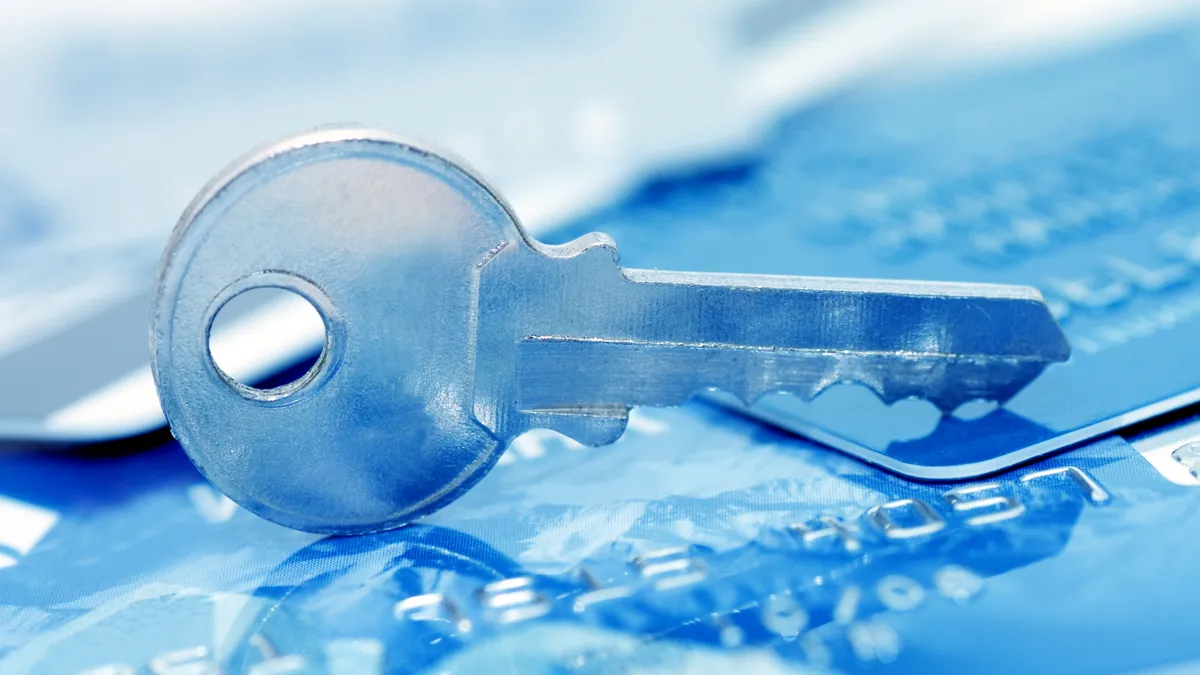Dive Brief:
- Fujitsu says it has developed software that uses biometric data directly as the basis for encryption and decryption of data, CIO reports.
- The company says doing so may help simplify and strengthen security systems that rely on biometrics.
- Fujitsu's new system uses random numbers to convert the biometric data as part of the encryption and decryption process, so unconverted data is not transmitted over a network.
Dive Insight:
Current security systems that rely on encryption require the management of encryption keys, which are stored on smartcards or on PCs. Biometric scans can be used to authenticate the user and provide access to those encryption keys. But Fujitsu's system uses elements extracted from the biometric scan itself as a part of a procedure to encrypt the data, eliminating the need for encryption keys.
That means hackers won't have anything to find should they break into a network.
The system has been developed to work with palm vein authentication, a technology that Fujitsu developed and is already using on systems such as ATMs in Japan. The company said the technology could readily be adapted to work with other biometric data like fingerprints.
The software was developed by Fujitsu Laboratories and two Japanese universities.












